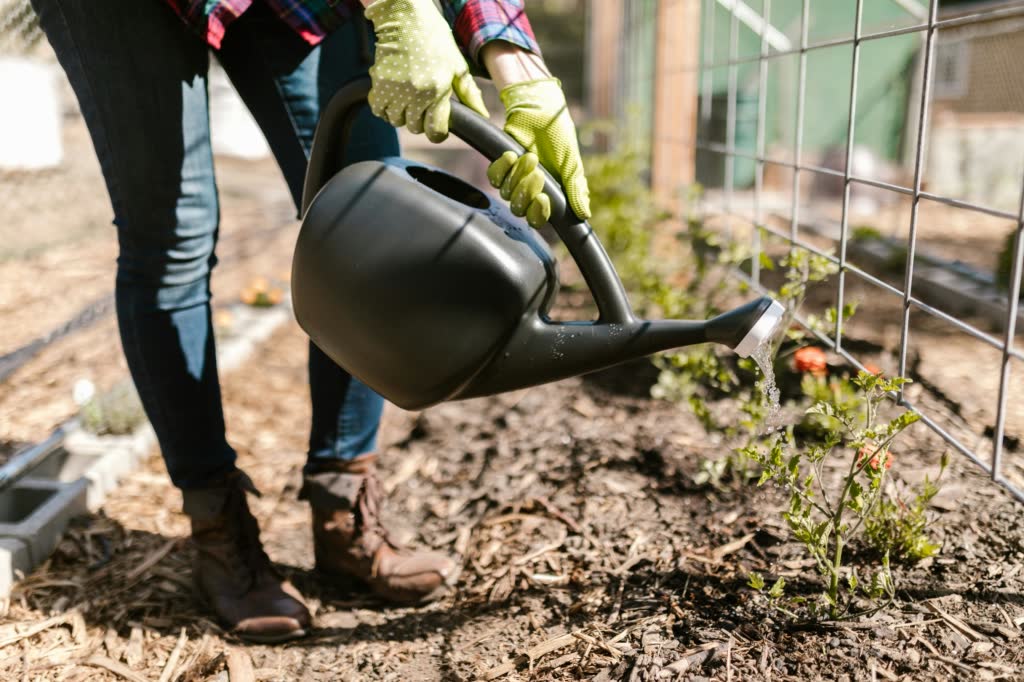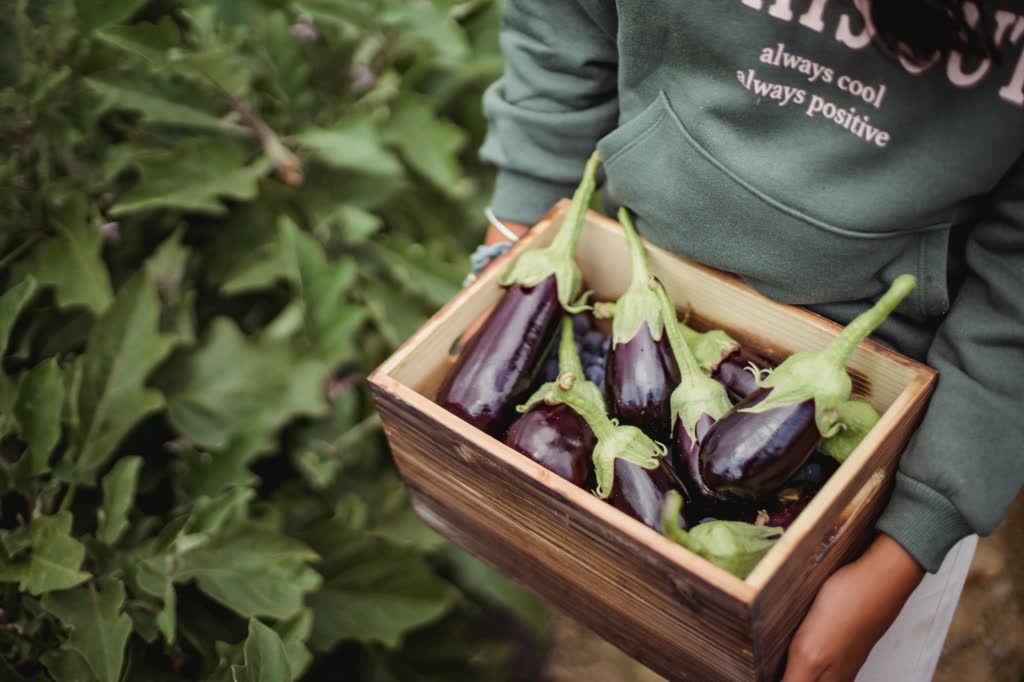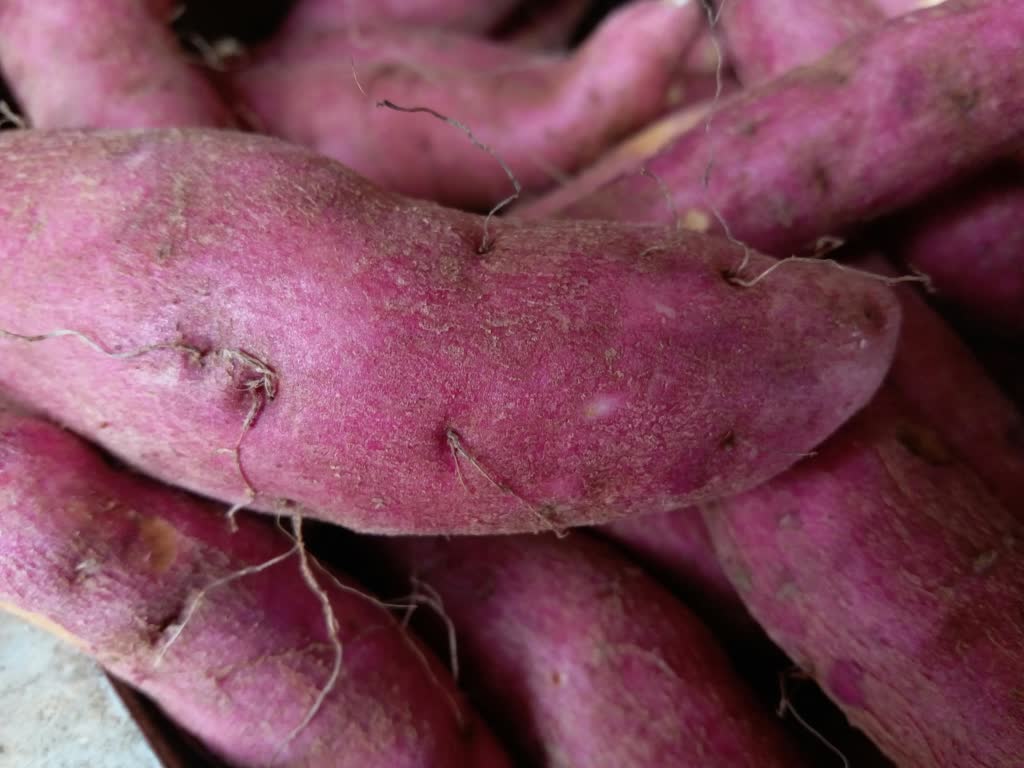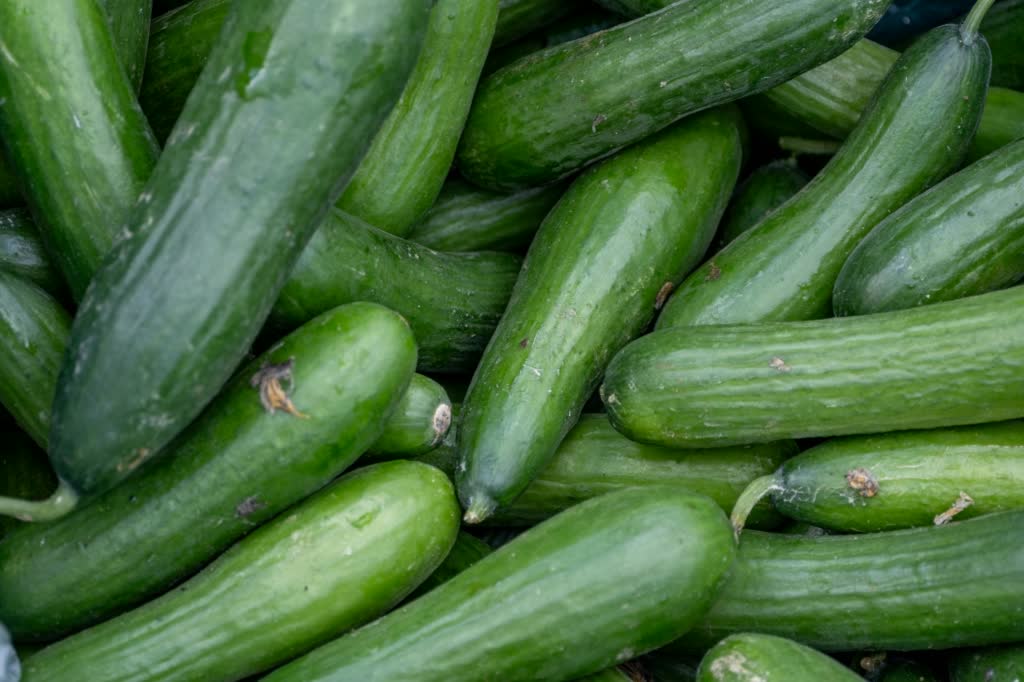
Growing vegetables in a hot climate can be challenging, and even more so when you experience conditions that are hotter than normal. One common mistake made by many gardeners is to try and grow vegetable varieties that simply are not suited to the climate. So, the first step to gardening successfully in hot temperatures is to select plant varieties that are suited to the climate.
There are many heat-tolerant vegetable varieties that thrive in warm climates. Here are six of the best vegetables to grow in hot temperatures:
1. Okra (Abelmoschus esculentus)
Okra is a heat-loving vegetable that thrives in temperatures above 85°F (29°C). It is also known as ladyfinger or gumbo, and is believed to have originated in Africa, specifically in the region around Ethiopia. It has been cultivated for centuries and has become a staple in many cuisines around the world.

It was introduced to the Americas through the transatlantic slave trade, and thrives in the warm climates of the southern United States. Today, okra is grown in various tropical and subtropical regions globally and is a common ingredient in dishes from Africa, the Middle East, the Caribbean, South Asia, and the southern United States.
Growing tips:
Plant okra in well-draining soil in a sunny location. Ensure regular watering, especially during dry periods, and harvest the pods when they are young for the best flavor and tenderness.
2. Peppers (Capsicum spp.)
Peppers, including those in the Capsicum genus, are believed to have originated in the Americas. The domesticated varieties of peppers, such as bell peppers, chili peppers, and other members of the Capsicum genus, have a long history of cultivation in the regions of Central and South America.
They are well-adapted to hot temperatures. They not only tolerate heat but often require warm conditions for optimal growth.
Growing tips:
Plant peppers in full sun in nutrient-rich, well-draining soil. Mulch around the plants to retain soil moisture, and water consistently. Provide support for taller varieties as they grow.
3. Eggplant (Solanum melongena)
Eggplant is also known as aubergine in some regions and is believed to have originated in India. It has a long history of cultivation in South and Southeast Asia. Eggplants thrive in warm weather and are especially well-suited for hot climates. They require temperatures above 70°F (21°C) for optimal growth.

Growing tips:
Plant eggplants in a sunny location with well-drained soil. Mulch to retain soil moisture, and water consistently. Prune the plants to improve air circulation and reduce the risk of diseases.
4. Sweet Potatoes (Ipomoea batatas)
The sweet potato is believed to have originated in the Americas, particularly in Central or South America. The exact location of domestication is uncertain, but sweet potatoes were cultivated in various regions of the Americas long before the arrival of Europeans. They are heat-tolerant and thrive in warm temperatures. They are well-suited for hot climates and can withstand dry conditions.

Growing tips:
Plant sweet potatoes in loose, well-draining soil. Water regularly during the growing season, especially during dry spells. Mulch to conserve soil moisture and control weeds.
5. Tomatoes (Solanum lycopersicum)
Tomatoes are native to western South America, specifically to the region that includes parts of modern-day Ecuador, Peru, Bolivia, and northern Chile. The wild ancestor of the cultivated tomato is believed to be the species Solanum pimpinellifolium.
Tomatoes are a very popular garden vegetable that, while sensitive to extreme heat, have heat-tolerant varieties. They generally perform well in warm temperatures.
Growing tips:
Plant tomatoes in full sun with well-draining soil. Provide support for the plants, water consistently, and mulch to retain soil moisture. Consider using shade cloth during excessively hot periods.
6. Cucumbers (Cucumis sativus)
Cucumbers are believed to have originated in South Asia, particularly in the region that includes parts of India. They have a long history of cultivation, dating back thousands of years.
Cucumbers are heat-loving vegetables that thrive in warm weather. They require ample sunlight and warm soil to produce a bountiful harvest.

Growing tips:
Plant cucumbers in a sunny location with well-draining soil. Provide support for vining varieties, and ensure consistent watering, especially during dry spells. Mulch to conserve soil moisture and prevent weeds.
Additional Tips for Growing Vegetables in Hot Temperatures
Watering:
Adequate and consistent watering is crucial for vegetables in hot climates. Water deeply to encourage strong root development and water early in the day to reduce water loss through evaporation. Try to water at the base of the plant in order to minimise the wetting of the foliage and therefore reduce the risk of fungal diseases.
Mulching:
Mulch around plants to retain soil moisture, regulate soil temperature, and suppress weed growth.
Shade:
Consider providing partial shade during the hottest part of the day, especially for more heat-sensitive vegetables like lettuce or spinach.
Timing:
Plant vegetables at the appropriate time, taking advantage of milder temperatures in the spring or fall for certain crops.
By selecting heat-tolerant varieties and implementing good gardening practices, you can successfully grow a variety of vegetables even in hot temperatures.
Useful Videos
I am an educator and passionate gardener and traveler. Throughout my adult life, gardening has been my passion, therapy, drive and source of purpose. Even as a child I had an intrinsic interest in plants and a desire to understand what makes them grow.
I distinctly remember the moment this began - my family was on one of our regular road trips from Hervey Bay; Australia. We were driving past a field of sugar cane. Dad pulled the car over and we cut a couple of sugar cane stems and brought them home for a treat. To be honest, I didn’t really like the taste, but I did want to try and grow it; and that is exactly what I did. It was then that my fascination, interest and passion for gardening and understanding plants began.
Fast forward a few years and I studied biological sciences and began what would be a 36 year career as a Biology educator. From this, I don’t only love gardening, but I also love helping others learn about gardening. I am also always looking for new ways to develop my own gardening knowledge. I like to think I am truly a life-long learner.
Fundamental to my beliefs about education is that learning is often best done as a part of a community - learning from others, and helping others to learn. It is this type of community that I hope iCultivate will be for its members - a community of gardeners, keen to share their gardening knowledge and wanting to learn about new ways to garden - a community built on the love of gardening.











Get involved!
Comments